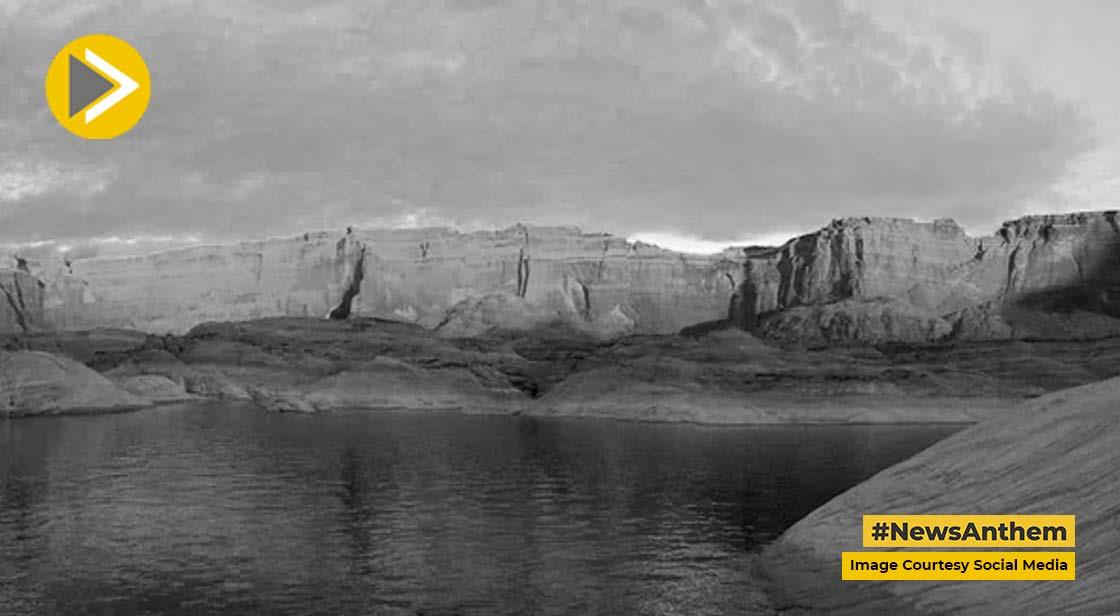Lake Powell In US Is Near Deadpool And In The Heart Of The Worst Drought: Report

News Synopsis
Lake Powell, which spans the border between Arizona and Utah in the United States, is likely to completely dry up within a few decades due to the area's extreme drought, sources claimed. A man-made reservoir on the Colorado River is called Lake Powell. Its surroundings include the Glen Canyon National Recreation Area. By total capacity, the lake is the second-largest reservoir in the US, behind Lake Mead.
With over 2,000 miles of coastline, unending sunshine, warm water, lovely weather, and some of the most breathtaking landscapes in the world, Lake Powell is the perfect playground. On the lake's website, visitors may find information about houseboat rentals, camping, and even guided adventures.The water levels in Lake Powell are significantly lower today than they were in 2021, which was lower than they were in 2020. 3,534.51 feet above sea level were the water levels on August 10. According to a report, Powell's water line will reach deadpool levels at 3,490 feet and is 3,700 feet above sea level when it is at full pool.
Hydroelectric power is generated by the Glen Canyon Dam, which encircles Lake Powell. According to the article, the dam will stop producing energy if the water level drops below the intake pipes, which will stop the water flow from turning the hydroelectric turbines. Air entering the system would also harm the generators, it was added. Millions may experience power outages if the reservoir's water level falls below the deadpool level, according to a story in a newspaper. When the lake is full, the dam's capacity to generate electricity is 1,320 megawatts yearly, about equivalent to the output of a sizable fossil fuel plant. However, the article had stated that hydropower output had decreased to 800 megawatts due to water levels being at record low levels.









